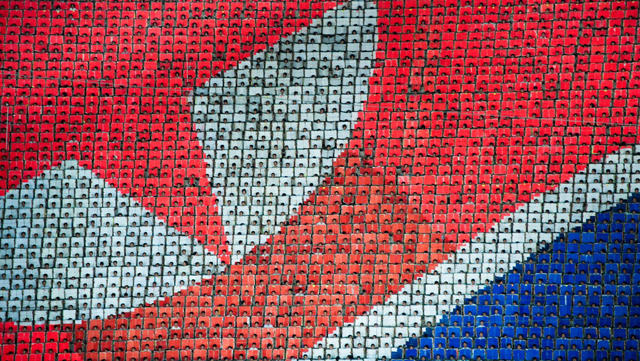It is a recurring pattern. North Korea takes a provocative step to advance its weapons programs or confront its adversaries. Its actions are condemned by the international community. Then Pyongyang doubles down and vows another tough response, often entailing another act of proliferation. USIP’s Mike Lekson considers the challenges of the North’s nuclear and missile proliferation.

It is a recurring pattern. North Korea takes a provocative step to advance its weapons programs or confront its adversaries. Its actions are condemned by the international community. Then Pyongyang doubles down and vows another tough response, often entailing another act of proliferation.
It seems that the pattern remains the same under the North’s new leader, Kim Jong-un, who is a son of the late ruler of the communist pariah state, Kim Jong-il.
This week, the United Nations Security Council unanimously condemned North Korea for what turned out to be a successful launch of a ballistic rocket in December. It also slapped new sanctions on the North. The launch demonstrated growing North Korean capabilities in missile technology that, if matched by future advances in the miniaturization of nuclear warheads, could someday create a breakthrough in its potential offensive punch.
After the Security Council vote, the North’s National Defense Commission issued a new threat—that it will conduct a third, “higher-level” nuclear test and henceforth “target” its weapons activities on the United States. It also warned U.S. ally South Korea of possible “strong physical countermeasures” if it participates in the U.N. sanctions.
The challenges of the North’s nuclear and missile proliferation are ably explored in a recent “On the Issues” article by USIP’s Michael Lekson, a veteran arms control specialist, former State Department official and now director of gaming at the Institute’s Academy for International Conflict Management and Peacebuilding.
Now the old pattern is back on the world stage: bad behavior by Pyongyang, international rebukes and another flare-up of rhetorical belligerence—or worse—by the North. Is there a way to break out of this unproductive pattern without accepting North Korea as a de facto nuclear weapons state?
For related reading, see also USIP’s Korean Peninsula page.